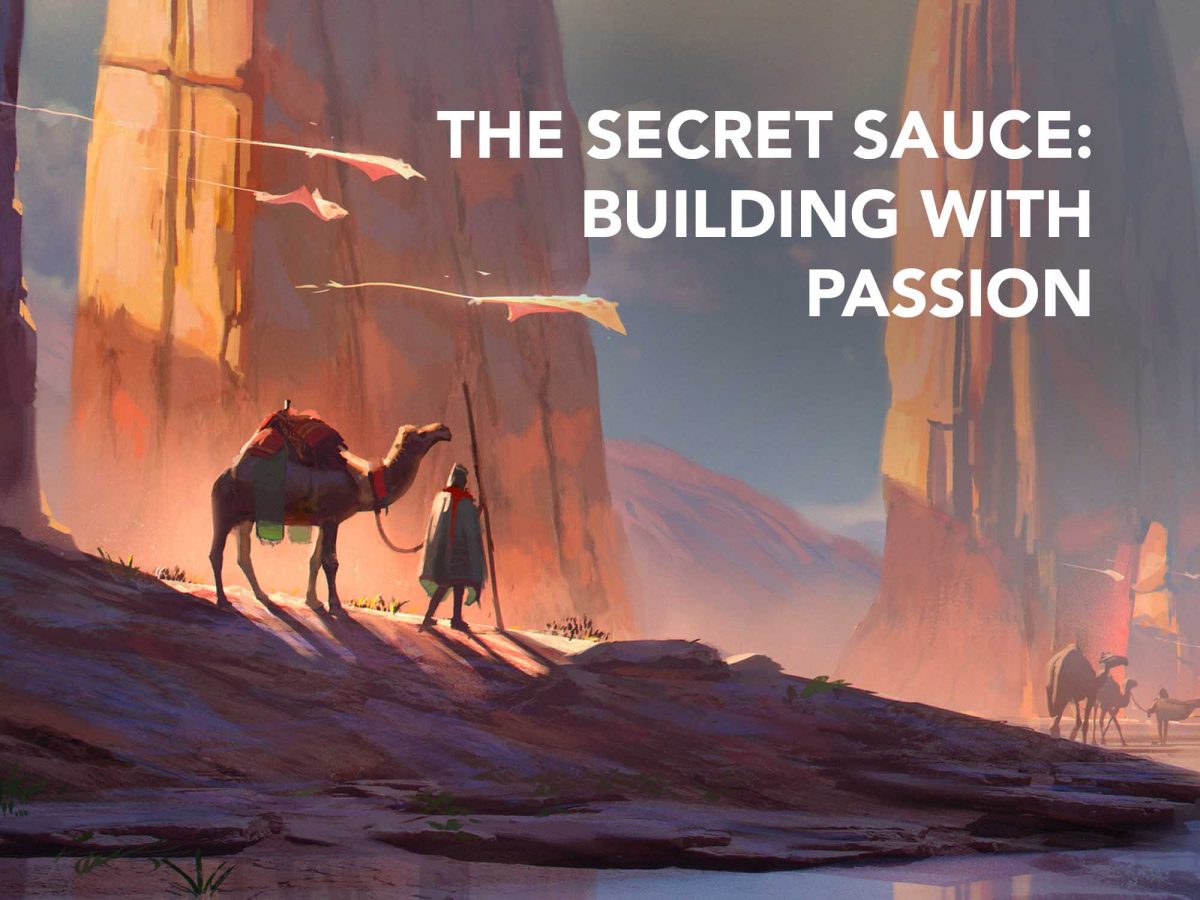- How I think meaning in life is found
- What’s worth doing as a tech company
- Why losing yourself in your work can become bliss.
That’s what this article’s road is paved with (besides good intentions).
But first, a story about a big similarity between Microsoft Excel, car operating systems older phones. Jump down to here if you want to skip the abstract part
I found something very fascinating when I restarted spending more and more time with Excel lately, which seemed obvious ever since I first used it: it’s an extremely complex tool.
A story with two sides
This is the scenario where it could go well.
People got as far as creating spreadsheets of their spreadsheets. I’ve found out that in some cases, the Japanese government specifically require regular work reports be made in Excel — much likely to be because of the ordered look.
On the other hand, I’ve noticed “virtual places” like car operating systems. Or a better example for my point here would be the OS of some phones — long before newer companies had to be stress-free because of Android being the go-to free solution. This is the scenario where it could go “not so well”.

Palm OS could be a good example. Surely a place that was indeed complex but eventually died and didn’t live up to its efforts.
These places feel like empty deserts. Something that’s so complex and wide but at the same time it can feel like a prison — that’s a dramatic take but bear with me for a second. Why do they feel like “prisons”?
1. They’re not very “dynamic”.
For instance I’ve had a Windows phone some years ago. After being spoiled with the popularity of a platform like iOS or Android, this place felt empty as hell.
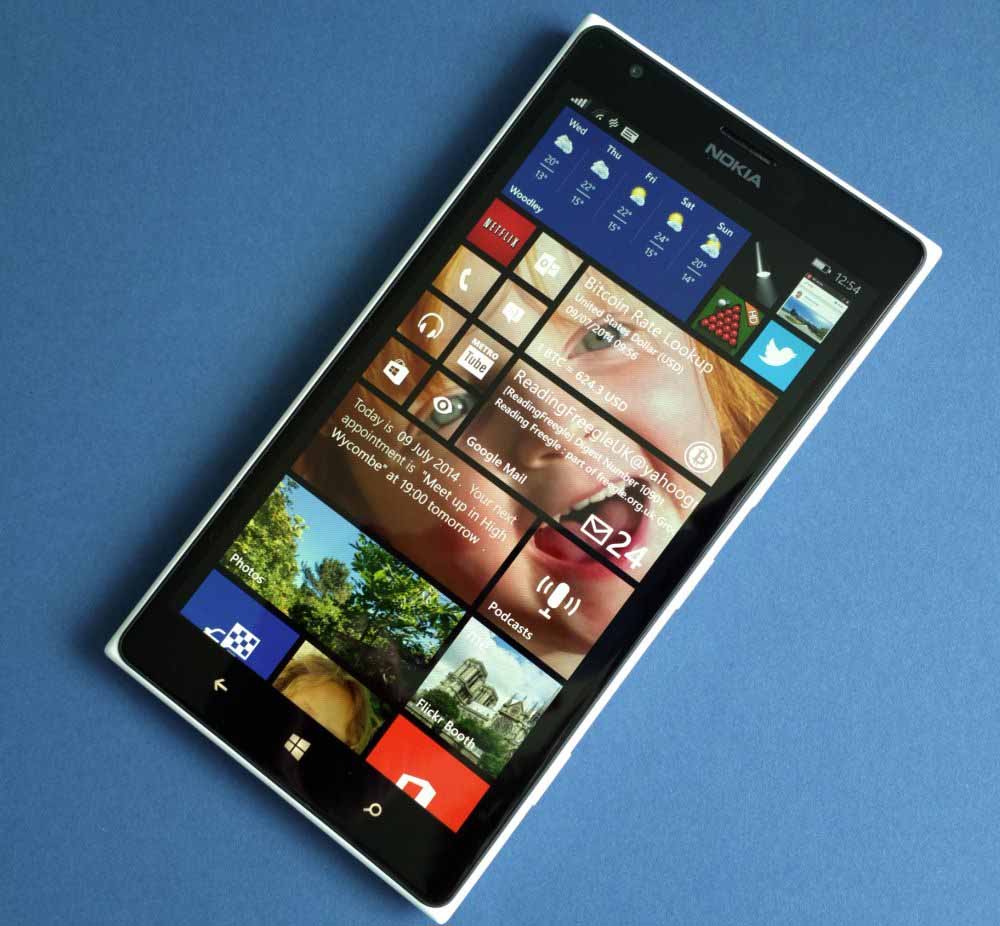
I wrote about dark mode before but in this case the inky background accentuated the probably-unwanted emotional area of it: it felt grim and empty.
A deserted place like their trying-to-catch-up app store combined with these dark elements gives me a weird feeling even now, when I’m trying to remember about that virtual place.
Maybe my interpretation is just an exaggeration of their app store that was close to empty. Because of the iOS/Android dominance, there was low interest in having apps made specifically for this system.
In cars operating systems (which for some reason I love exploring ’til I get to their last screens), they feel somehow the same as I noticed how much time needs to be put from the creators side to deliver something like that.
Sure, today we have Android Auto which mirrors the situation with mobile phone companies (a go-to, easy solution that’s free, just perfect if you’re looking to cut down costs), but back in the day it was different.
By the way, a quick idea: because of Android becoming the stress-free, go-to solution that I mentioned above, we can see smartphones on the market that cost £60-£100 new, with 6″ screens and iPhone-like notches. Crazy.
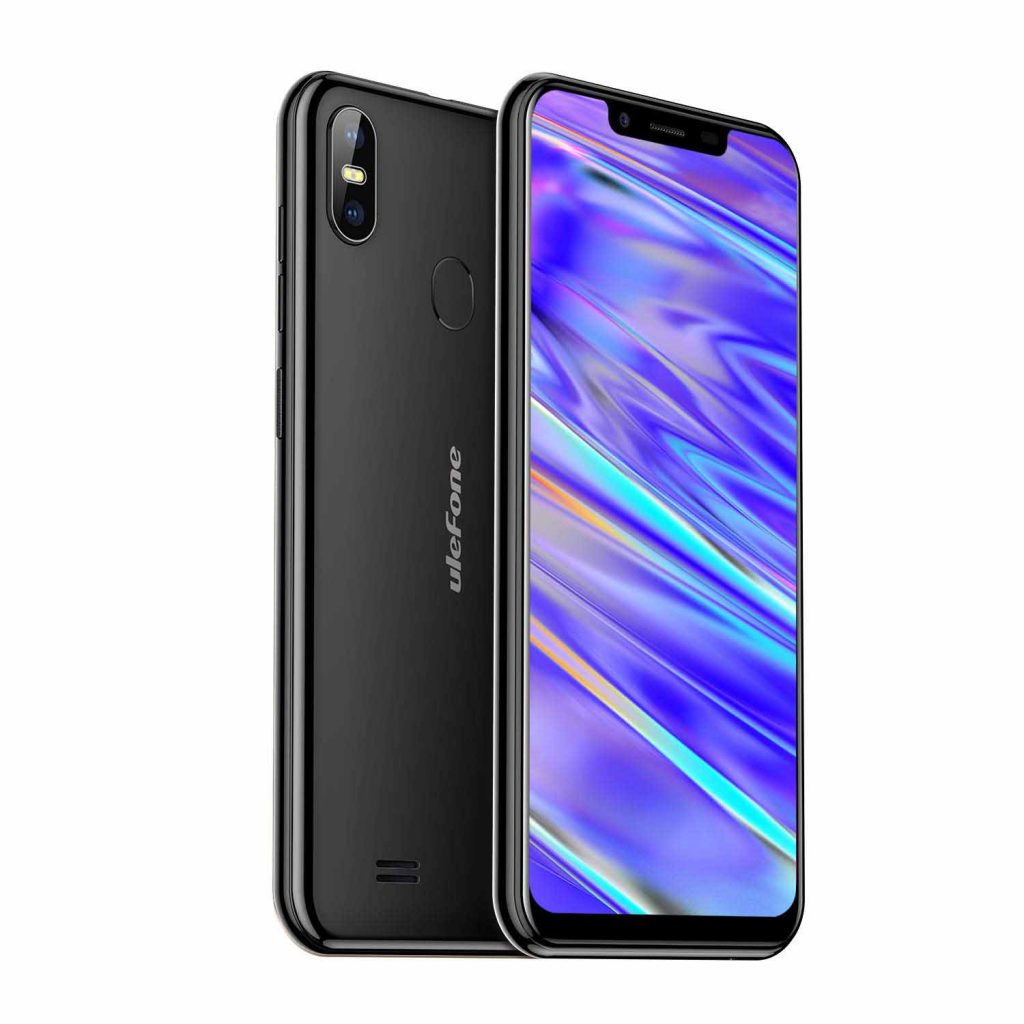
2. Not all of them get a lot of seconds spent
And you, as a user, can tell. You can tell that it’s not a very “populated” place.
Back to cars, it adds more to this “marooned” feeling that once you interact with one of these isolated software systems, it gets even worse when you think in perspective. All other cars who have any kind of virtual dashboard had to create their own, bespoke system.
All of them.
This probably happens to cars dashboards between 2006 to 2015 (let’s say after 2015 Android Auto becomes available as the minimum viable solution). But it goes back to 1995-2000 for companies like BMW or others with higher-class models.
Sure, Volkswagen and Toyota sell a lot of cars these days and their interfaces get show time. But what about this 7 series BMW’s screen from 1998? How much show time has it got? And by
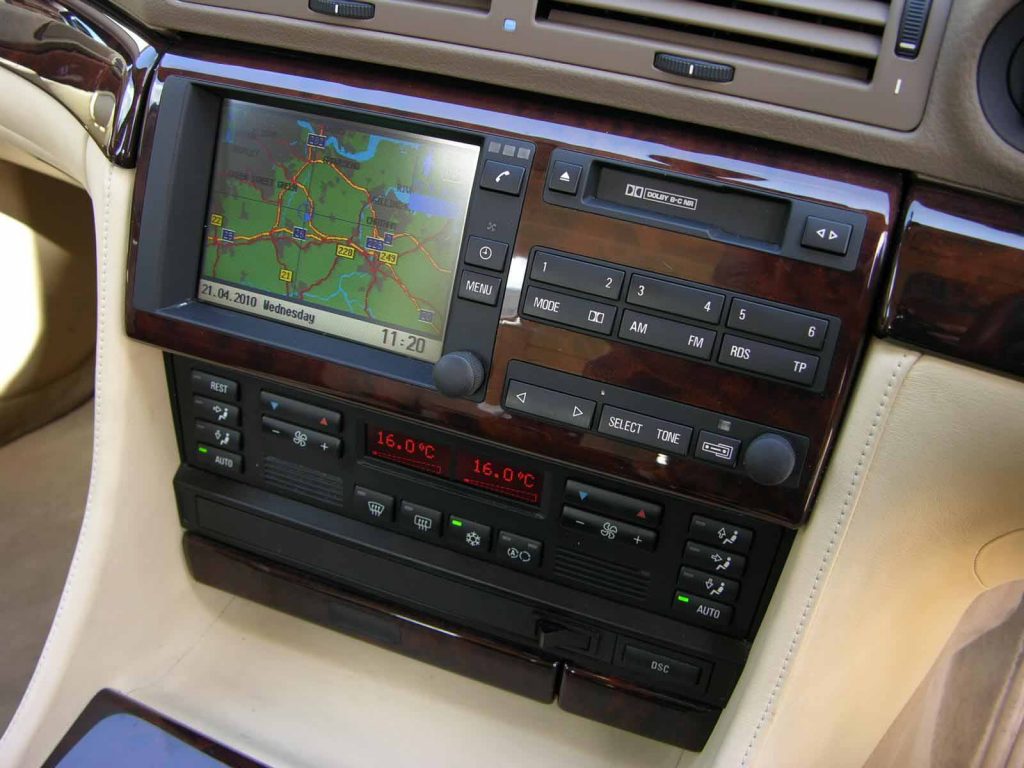
If we were to compare this BMW’s dashboard all-time “seconds spent” with a Toyota’s dashboard, how much lower would the first one be? 5% of Toyota’s? 15%? I guess we’ll never know.
We like winners
Objection: “Okay, but what about Tesla? They’re not so big (at the moment, at least) and yet the way their huge screen dashboard looks is very loved and very useful. Does that prove your point?”
I’ve had this counter-thought as I finished the earlier idea. I think the story is different from them because Tesla has the same position that Apple has got: a high-level brand. Because I know they’re successful, somehow their “virtual grounds” don’t feel so deserted.
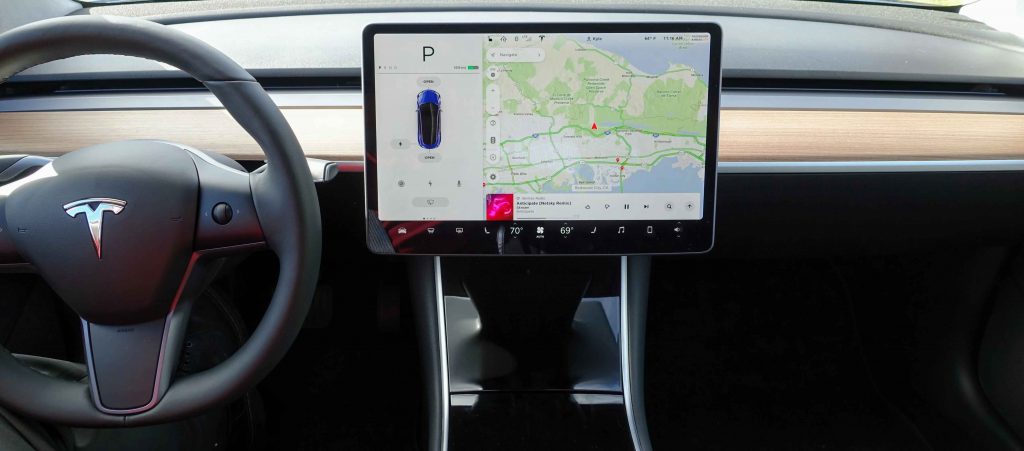
However, that’s not everything. I’m getting now to my point of this whole written piece: I know (and can see) through what they’ve done that it’s:
- Made for a very specific, very targeted group of people.
- Caters to all the needs of these people.
- Built with passion, hence the complexity of it.
#3 means a lot of attention to details and somehow through this, the company avoids the deserted place — Tesla could’ve easily gone there, given they’re a new company in the car in
We like winners. But maybe they also win because they do these three things. Maybe it’s a self-feeding circle, a self-feeding positive loop that is anyways the foundation of us, humans: once we win, we tend to win more.
We like winners even when they lose
Apple TV is arguably a loser as it’s not the #1 dominant in its market. Roku and Chromecast are cheaper alternatives who both get a bigger share of the market than Apple’s counterpart.
However, since I know ATV is a part of their whole system, I’m less inclined to call it a deserted place. Sure, it could be called one objectively but I don’t get the same marooned feeling.
Why? Because of their brand value and because of winning in another place.
Finally, here are my practical takeaways of this very long story
Ok, cool, all these have been put forward to your eyes.
What’s the damn catch here? What does it have to with tech companies, CEOs and products?
Here’s what I think: You can decide to spend endless time into developing a little universe by yourself (yourself = your company) — like an operating system is. Like the Tesla dashboard is, the ’98 BMW’s screen is presenting or like Excel has shown.
It can go two ways.
One, “decide to spend time developing” means one simply deploys resources into building something because “it has to be”.
That Toyota’s dashboard computer has to have a navigation menu, a Bluetooth function, settings and all the other screens. It’s required.
You can just buy someone else’s time and they do it as part of their job. It’s work that’s “just about right”.
Two, “decide to spend time” means something grander. Something that’s noble. You sit down and think of the highest goal and most dignified and extraordinary thing you’re able of achieving (probably along with some people).
You sit down and decide upon it. And then you do it because of this grand vision, not just because “it has to be done”. It’s Excel, a spreadsheet software app but it becomes more than that.
The people that are busy working on it make it so complex that it becomes something bigger. They pay attention to a lot of details and give the user endless possibilities, to the point where Excel becomes the #2 most used desktop app for some people after a browser.
Then you act upon it.
And you happen to pursue it and act against setbacks because you know it’s deep down inside your soul the highest thing you can think of — there’s nothing grander you can think of at this moment. Not something achievable, at least.
In this case, you go out there and create something worth using by a group of people. You spend all this time (which looks like work to the external world’s people but to you it doesn’t really feel like work), day by day and you create something that cannot not be loved by these people.
Surely, eventually they will part with their money to at least support your cause.
It’s timing as well, indeed. The BMW dashboard I’ve linked in 1998 couldn’t become something else than deserted, given how adopted smartphones and technology overall are today and not back then. But here’s something even older that didn’t become deserted (or maybe it did, but the work wasn’t forgotten):
Margaret Hamilton standing next to the navigation code she and her team wrote for Apollo 11 pictured below. It wasn’t a business product, it was a very bespoke solution and it shows one thing: people don’t forget what others do when it’s made with passion and in a complex manner.
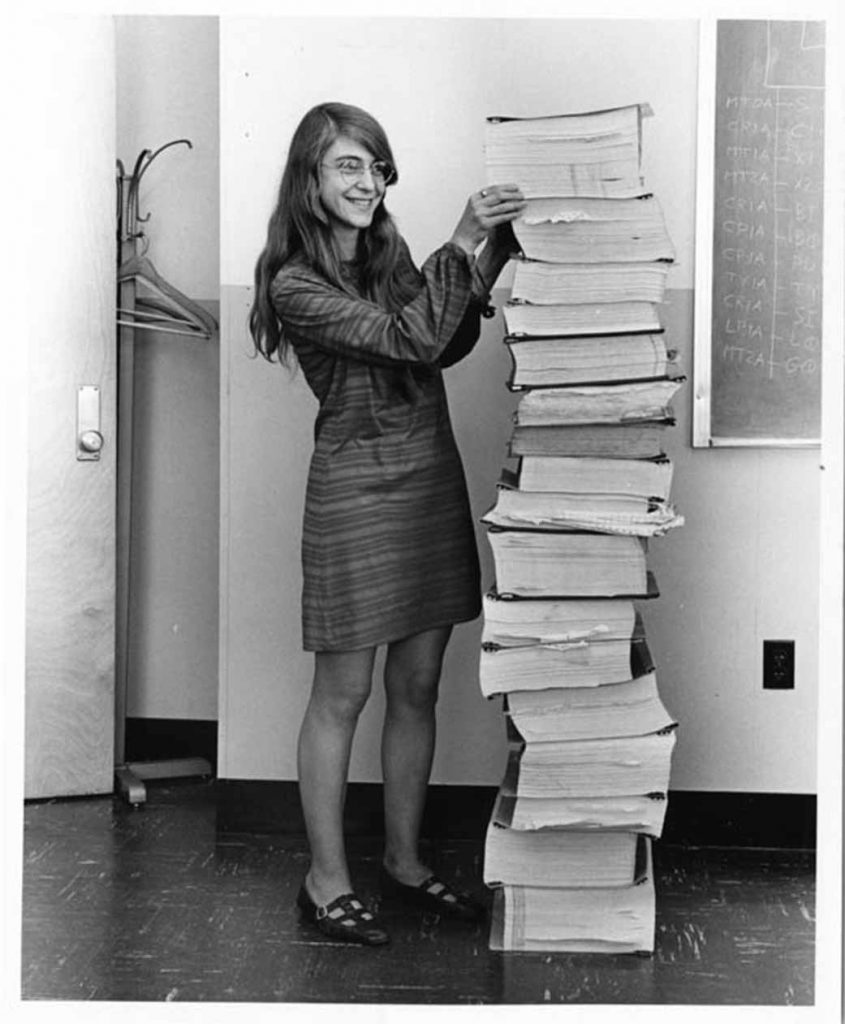
That clearly wasn’t “just about right” work. It was the #2 I mentioned.
Practical examples of such pieces
I’ve started with Excel. That’s a damn-well made piece of software. No wonder it’s 32 years old.
Webflow is one example like that in the world of designers. They catered to an extreme wound of designers — they couldn’t see their websites alive.
Others (Wix, Squarespace etc) have created middle-ground solutions. But they were not for designers. In fact, designers hate them. This pain-point was considered impossible to solve.
That is, until Webflow came and did the impossible. I wish nothing but success to this company and I have no affiliation with them. I can’t wait to see them smash even more targets as they’ve expanded recently into ecommerce.
I think Instagram, at least initially, is an example of what I’m talking about. A go-to solution that indeed wasn’t very complex but what accentuated by the network effect. However, it’s pretty clear to me: made with passion for photography-oriented people.
Waze took Maps and made more than that. Complex, made for some specific people and then what I wrote about the other days happened: their targeted work waterfalled into other audiences.
Lord of the Rings — I know, not a business product per se. But holy god, what a mind can create is amazing. JRR Tolkien took it to another level when it comes to the complexity of creating a world. Creating at least 15 languages and a new mythological realm is something that clearly needs passion.
The bottom line
This is my longest written piece so far. I’ll conclude with this bottom line.
Excel created its own world. A realm. So did the other examples I gave at the end. Do it as well — but do it carefully.
Do it for a group of people that’s as targeted as possible, but still a viable group: much like the V in MVP, it has to be possible for this group to work for you.
Do it with god-damn passion and lose yourself in it, if it gets to that. Worst case, you’ll be recognised “only” 54 years later like Margaret Hamilton — she received the Presidential Medal of Freedom in 1962 (surely she received recognition until that moment
Pick an audience, do this and it will hit extremely hard.
Or do work just because you have to do it. But I won’t say anything more about that.
About Ch Daniel
I run Chagency_, an experiences design agency that specialises on helping tech CEOs reduce user churn. We believe experiences are not only the reason why users choose not to leave but also what generates word of mouth. We’re building a credo around this belief.
If I’ve brought you any kind of value, follow me and get in touch here: LinkedIn | Twitter | Email | Quora | YouTube (same content but in video)
I’ve also created an infinitely-valuable app for sneaker/fashion enthusiasts called Legit Check that impacted hundreds of thousands over millions of times – check it out at chdaniel.com/app
Please share this with someone and subscribe to our newsletter!— helps us keep pumping content?
Illustration Credits: Mateusz Majewski


